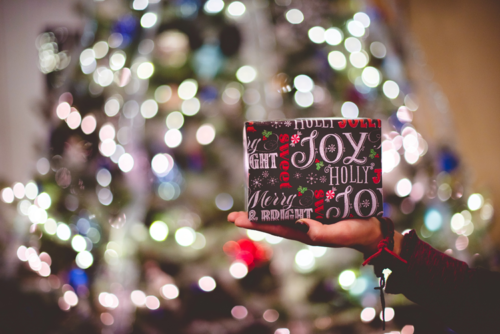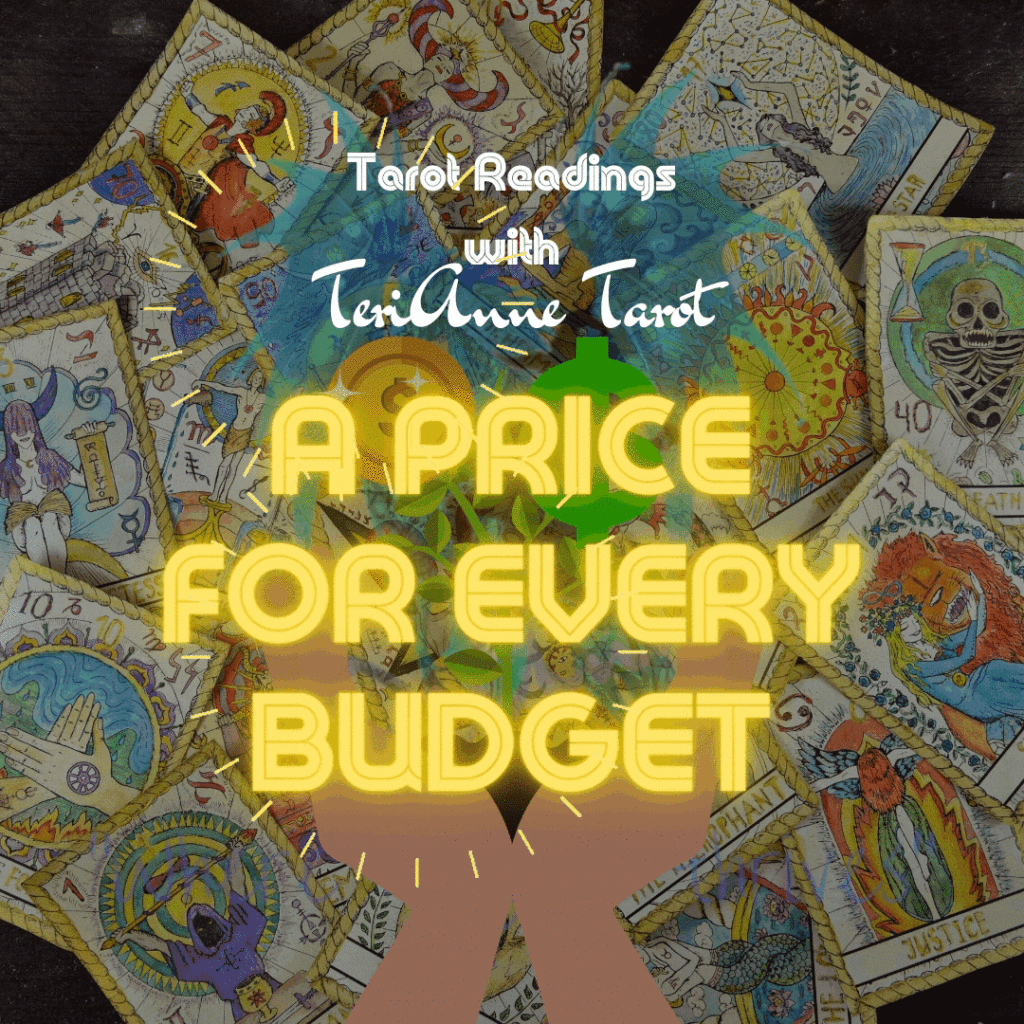Yule and the Act of Gift-Giving Did You Know? Most people who celebrate Christmas associate the practice of gift giving...
Yule and the Act of Gift-Giving
Did You Know?
Most people who celebrate Christmas associate the practice of gift giving with the Biblical tale of the three wise men who gave gifts of gold, frankincense and myrrh to the newborn baby Jesus. But, did you know this tradition can be traced back to the Romans? They gave gifts between Saturnalia and the Kalends, and during the Middle Ages, French nuns gave gifts of food and clothing to the poor on St. Nicholas’ Eve. In fact, up until around the early 1800s, most people exchanged gifts on New Years’ Day.
Banquets and Masquerades
Saturnalian banquets were held to honor Saturn, the father of the gods. Grudges and quarrels were forgotten while businesses, courts and schools were closed. Wars were interrupted or postponed, and slaves were served by their masters.
Masquerades would be held during this time, and the customary gifts offered would be of imitation fruit as a symbol of fertility, dolls which symbolized the custom of human sacrifice, and candles to represent bonfires usually connected with pagan solstice celebrations. A mock king was chosen from a group of slaves or criminals, and although he was allowed to party hard with everyone else for the seven days of the festival, he was typically killed at the end. (I’m sorry, but I’d have a really hard time partying it up if I knew I was going to die after it was over. Just sayin’!) Kind of makes you wonder how ‘gift-giving’ evolved to what it is today, doesn’t it?
The Lord of Winter and the Sun King
At Yule, we mourn the passing of the Old God who is the Lord of Winter. This ancient God has many names besides the Holly King, including Cernunnos, Odin, Harlequin, and of course Santa Claus. He’s shown as an old man, majestic and often jolly. Sometimes he’s wearing ermine trimmed robes. He is the God of the forest, of animals, and of the hunt, and is frequently shown with antlers or horns.
Yule is also a celebration of the birth of the Sun King. This is a time of new beginnings. The Winter Solstice is the turning point in the natural cycle of the year, and the wheel of the year has made a complete circle.

Be magickal, y’all!


